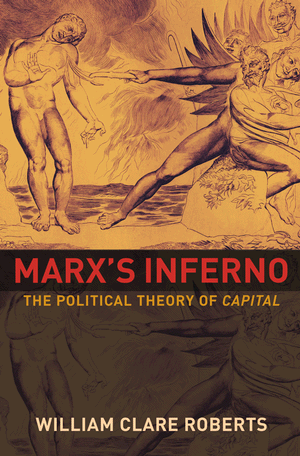To stress the fact that it is just to replace constitutional rule by absolute rule, if the common good requires that change, means to cast doubt on the absolute sanctity of the established constitutional order. It means encouraging dangerous men to confuse the issue by bringing about a state of affairs in which the common good requires the establishment of their absolute rule. The true doctrine of the legitimacy of Caesarism is a dangerous doctrine. The true distinction between Caesarism and tyranny is too subtle for ordinary political use. It is better for the people to remain ignorant of that distinction and to treat the potential Caesar as a potential tyrant. No harm can come from this theoretical error which becomes a practical truth if the people have the mettle to act upon it. No harm can come from the political identification of Caesarism and tyranny: Caesars can take care of themselves.This passage uses precisely the sort of Straussian argument that his liberal critics find so pernicious--some truths are better kept quiet--in order to defend the sanctity of the rule of law. It is better not to admit that extra-constitutional rule might be necessary and even salutary in certain extraordinary situations because such an admission, while true, makes it more likely that extra-constitutional rule will be exercised in completely non-extraordinary conditions. And such an argument has obvious affinities with a liberal argument against legalizing torture: even if torture would be necessary in the "ticking time bomb" scenario, the torturer-hero of such a situation will be able to break the law to do what is necessary. You can't encode the state of exception in a rule without making the exception the norm.
From a liberal point of view, the problem with neoconservatism is that it makes the state of exception into the normal state of affairs. But that is precisely Strauss's criticism of Voegelin's theory of Caesarism. So, maybe liberals should make peace with Strauss, eh?
UPDATE: I was sloppy in my assimilation of Anne Norton's thesis to those of Drury and Xenos. Norton draws sharp distinctions between Strauss, students of Strauss, and Straussians. She is very critical of Straussian neoconservatism, but does not link Strauss himself to the neoconservative project, and generally casts Strauss as infinitely superior to Straussians and as critical (avant le lettre) of many of their positions and practices.
